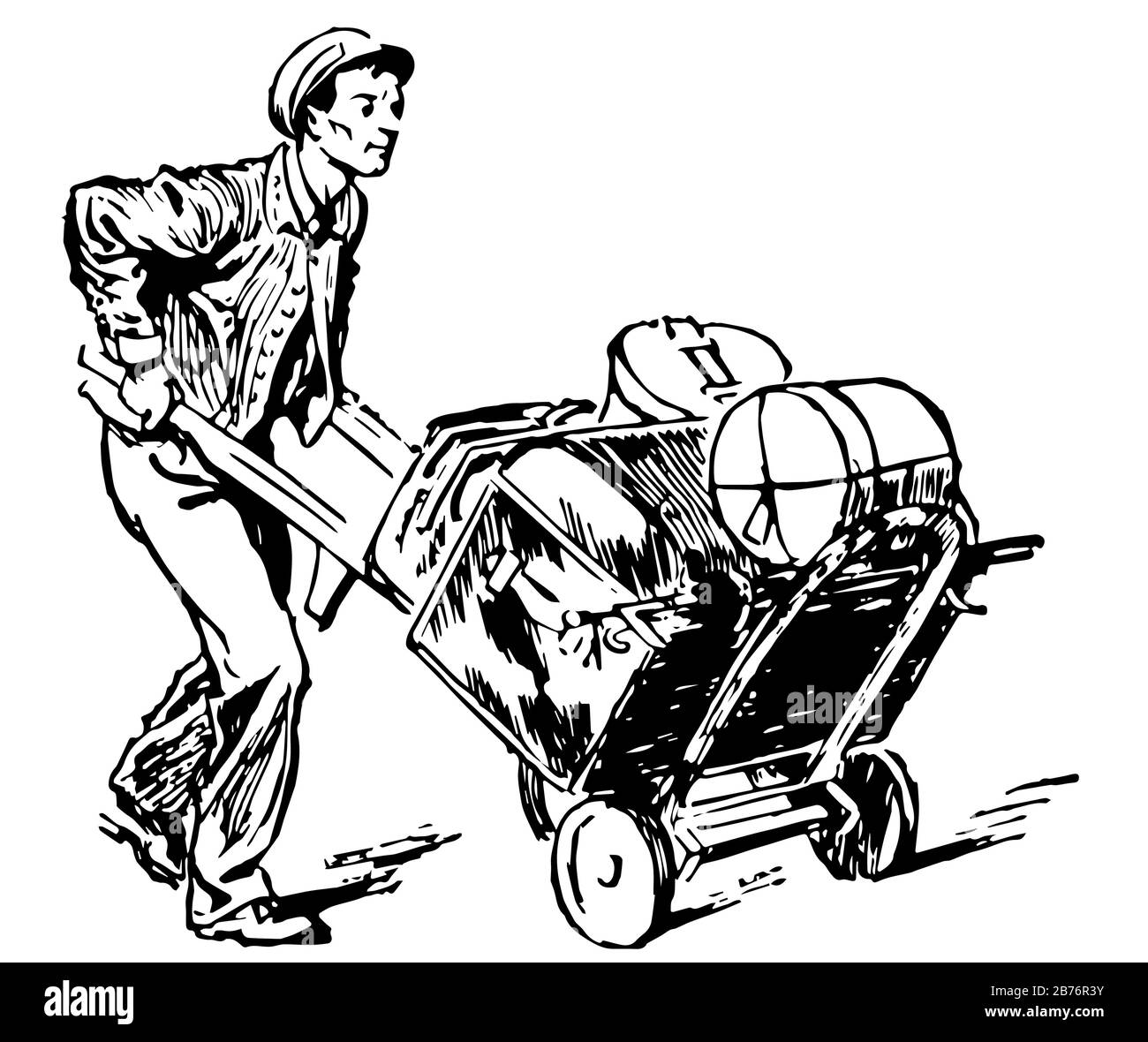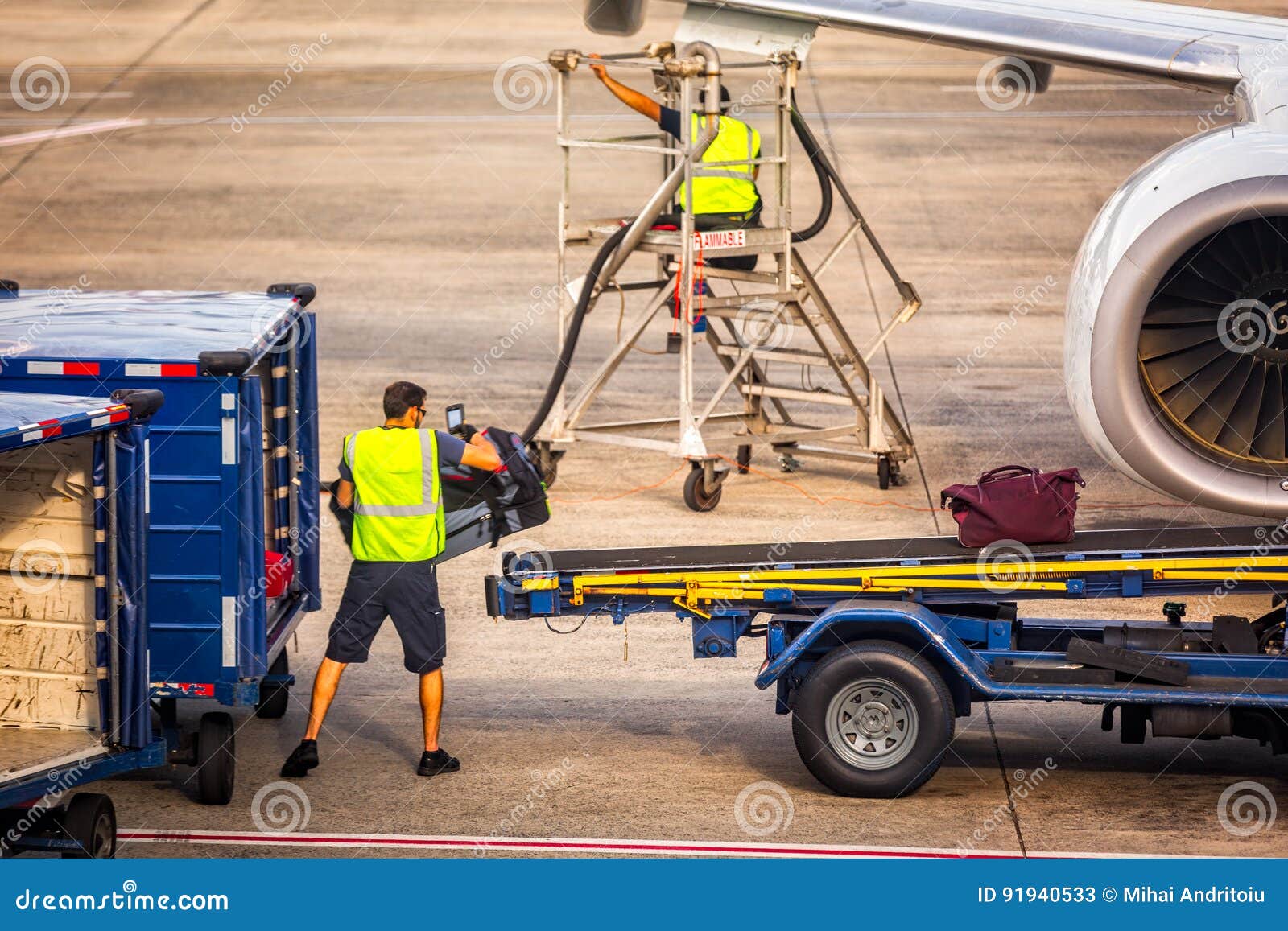The Evolution of the Porter: Porter Definition

The porter profession, characterized by the physical act of carrying and moving goods, has a rich history spanning millennia. Its evolution reflects the changing needs of societies, advancements in technology, and the development of global trade. From humble beginnings in ancient civilizations to the specialized roles of modern-day porters, this profession has played a vital role in shaping human history.
Ancient Origins and Early Forms
The concept of a porter, in its most basic form, emerged in ancient civilizations. Early porters were individuals responsible for carrying goods, primarily food, supplies, and building materials, within communities and across short distances. In ancient Egypt, for example, porters were essential for transporting building blocks and other materials used in constructing massive pyramids and temples. The role of porters was crucial in supporting the growth and development of these early civilizations.
The Middle Ages and the Rise of Trade
During the Middle Ages, the growth of trade networks and the expansion of cities led to a significant increase in the demand for porters. Porters became integral to the functioning of markets and trade routes, facilitating the movement of goods between producers and consumers. In Europe, guilds were formed to regulate the profession, ensuring standards and ethical practices. Porters were often organized into groups, with specific responsibilities for carrying different types of goods.
The Industrial Revolution and Technological Advancements
The Industrial Revolution, beginning in the late 18th century, brought about significant changes in the porter profession. The invention of the railroad and steam engine revolutionized transportation, allowing for the movement of goods over longer distances and at greater speeds. This led to a shift in the role of porters, who transitioned from carrying goods manually to loading and unloading goods onto trains and ships. The introduction of mechanized vehicles, such as forklifts and cranes, further transformed the industry, reducing the reliance on manual labor.
The Modern Porter: Specialized Roles and Globalization
In the 20th and 21st centuries, the porter profession has continued to evolve, adapting to the demands of globalization and the growth of e-commerce. Today, porters perform a variety of specialized roles, including baggage handlers at airports, warehouse workers, delivery drivers, and logistics specialists. The increasing complexity of global supply chains has created a need for skilled porters who can navigate intricate logistics networks and ensure the timely and efficient delivery of goods.
Types of Porters and Their Responsibilities

Porters, often associated with the hospitality industry, encompass a diverse range of professionals who play a crucial role in various sectors. From handling luggage at airports and hotels to moving goods in warehouses and delivering packages, porters contribute significantly to the smooth operation of numerous businesses.
Porter Types and Responsibilities, Porter definition
Understanding the different types of porters and their specific responsibilities is essential for appreciating their contribution to various industries. These professionals are often categorized based on their industry, tasks, and required skills.
- Luggage Porters: These porters are primarily found in hotels, airports, and train stations. Their main responsibility is assisting travelers with their luggage, ensuring safe and efficient transportation. This may involve carrying bags to and from rooms, loading and unloading vehicles, and assisting with baggage claims. Luggage porters often require excellent physical fitness, as they frequently lift and move heavy items. They also need strong customer service skills, as they interact directly with guests and must be able to handle inquiries and requests professionally.
- Warehouse Porters: Working in warehouses, these porters play a vital role in the efficient handling and movement of goods. Their responsibilities include loading and unloading trucks, stacking and organizing inventory, moving materials within the warehouse, and preparing goods for shipment. Warehouse porters need to be physically fit and adept at operating material handling equipment, such as forklifts and pallet jacks. They also require strong organizational skills and the ability to work independently as part of a team.
- Delivery Porters: As the name suggests, delivery porters are responsible for transporting goods to customers. They may work for delivery companies, restaurants, or other businesses that require delivery services. Their tasks include picking up and delivering packages, ensuring timely and accurate deliveries, and interacting with customers. Delivery porters need to be familiar with local roads and traffic regulations, possess excellent driving skills, and have strong customer service abilities.
- Hospital Porters: Working in healthcare facilities, hospital porters provide essential support services. Their responsibilities include transporting patients, medical equipment, and supplies within the hospital. They also assist with cleaning and maintaining hospital rooms and common areas. Hospital porters need to be compassionate, patient, and possess strong communication skills to effectively interact with patients and staff. They also require a good understanding of hospital procedures and safety protocols.
- Event Porters: Event porters are employed for special events, such as conferences, concerts, and weddings. Their responsibilities include setting up and dismantling event spaces, moving furniture and equipment, assisting with catering services, and providing general support to event organizers. Event porters need to be physically fit, adaptable, and possess strong organizational skills to ensure the smooth operation of events.
Porter Job Descriptions, Work Environments, and Compensation
The table below summarizes the key differences between various porter types, highlighting their job descriptions, work environments, and typical compensation.
| Porter Type | Job Description | Work Environment | Typical Compensation |
|---|---|---|---|
| Luggage Porter | Assisting travelers with luggage, carrying bags to and from rooms, loading and unloading vehicles. | Hotels, airports, train stations. | $15-$25 per hour, depending on location and experience. |
| Warehouse Porter | Loading and unloading trucks, stacking and organizing inventory, moving materials within the warehouse. | Warehouses, distribution centers. | $12-$20 per hour, depending on location and experience. |
| Delivery Porter | Picking up and delivering packages, ensuring timely and accurate deliveries, interacting with customers. | On the road, delivering to customers’ homes or businesses. | $14-$22 per hour, depending on location and experience. |
| Hospital Porter | Transporting patients, medical equipment, and supplies within the hospital, assisting with cleaning and maintaining hospital rooms. | Hospitals, healthcare facilities. | $13-$21 per hour, depending on location and experience. |
| Event Porter | Setting up and dismantling event spaces, moving furniture and equipment, assisting with catering services. | Event venues, conferences, concerts, weddings. | $10-$18 per hour, depending on the event and location. |
The Impact of Technology on the Porter Profession

The porter profession, traditionally reliant on manual labor, is undergoing a significant transformation driven by technological advancements. Automation, robotics, and digital platforms are reshaping the industry, impacting both the nature of work and the roles of porters.
The Rise of Automation and Robotics
Automation and robotics are increasingly being implemented in various aspects of the porter profession. Automated guided vehicles (AGVs) and robotic arms are being used for tasks such as transporting luggage, moving heavy objects, and stocking shelves. These technologies offer several benefits, including increased efficiency, reduced labor costs, and improved safety. For example, AGVs can navigate complex environments autonomously, reducing the risk of accidents and improving overall productivity.
The Impact of Digital Platforms
Digital platforms are transforming the way porters connect with customers and manage their work. Mobile apps and online booking systems allow customers to request porter services directly, eliminating the need for intermediaries. These platforms also provide real-time tracking of porter locations and progress, enhancing transparency and accountability. Furthermore, digital platforms facilitate communication between porters and customers, enabling efficient coordination and feedback.
The Potential Benefits and Challenges of Technology
Technological advancements offer significant benefits for the porter profession, including:
- Increased Efficiency: Automation and robotics can streamline tasks, freeing up porters to focus on more complex and specialized duties.
- Reduced Labor Costs: Automation can reduce the need for human labor, potentially leading to lower operating costs for businesses.
- Improved Safety: Automation and robotics can reduce the risk of accidents and injuries for porters, especially when handling heavy or hazardous materials.
- Enhanced Customer Experience: Digital platforms provide customers with greater convenience, transparency, and control over their porter services.
However, technology also presents challenges for porters, including:
- Job Displacement: As automation and robotics become more prevalent, there is a concern that porters may be displaced from their jobs.
- Skills Gap: Porters may need to acquire new skills to work alongside or operate technological systems.
- Changing Work Dynamics: Digital platforms can lead to increased competition and pressure on porters to meet performance targets.
The Roles of Human Porters and Automated Systems
While automated systems can handle routine tasks, human porters still possess unique skills and value propositions that are difficult to replicate with technology.
- Human Interaction: Porters provide personalized service and customer interaction, which is often valued by customers.
- Problem-Solving: Porters can adapt to unexpected situations and solve problems that may be beyond the capabilities of automated systems.
- Emotional Intelligence: Porters can empathize with customers and provide a more human touch to the service experience.
In conclusion, technology is reshaping the porter profession, presenting both opportunities and challenges. While automation and robotics can enhance efficiency and safety, human porters will continue to play a vital role, providing unique skills and value propositions that complement technological advancements.
Porter definition – A porter, by definition, is a person who carries burdens. They are the ones who shoulder the weight of others, whether it be literal baggage or the figurative weight of expectations. But perhaps, in the face of constant carrying, it’s important to remember that contentment can be found in having more than enough , even when the task at hand seems to demand endless carrying.
The porter, then, is not just a carrier, but a reminder of the delicate balance between the weight of duty and the lightness of sufficiency.
A porter, in its simplest definition, is a carrier of burdens, a figure often seen in bustling markets or navigating the labyrinthine streets of ancient cities. This image, however, takes on a different dimension when we consider the role of Jason Momoa as Duncan Idaho , a warrior-like figure who carries the weight of a legacy, a past, and a future in the world of Dune.
His character, much like a porter, carries the burdens of the story, the weight of the narrative, on his shoulders, embodying the very essence of a porter in the grand narrative of the Dune universe.
